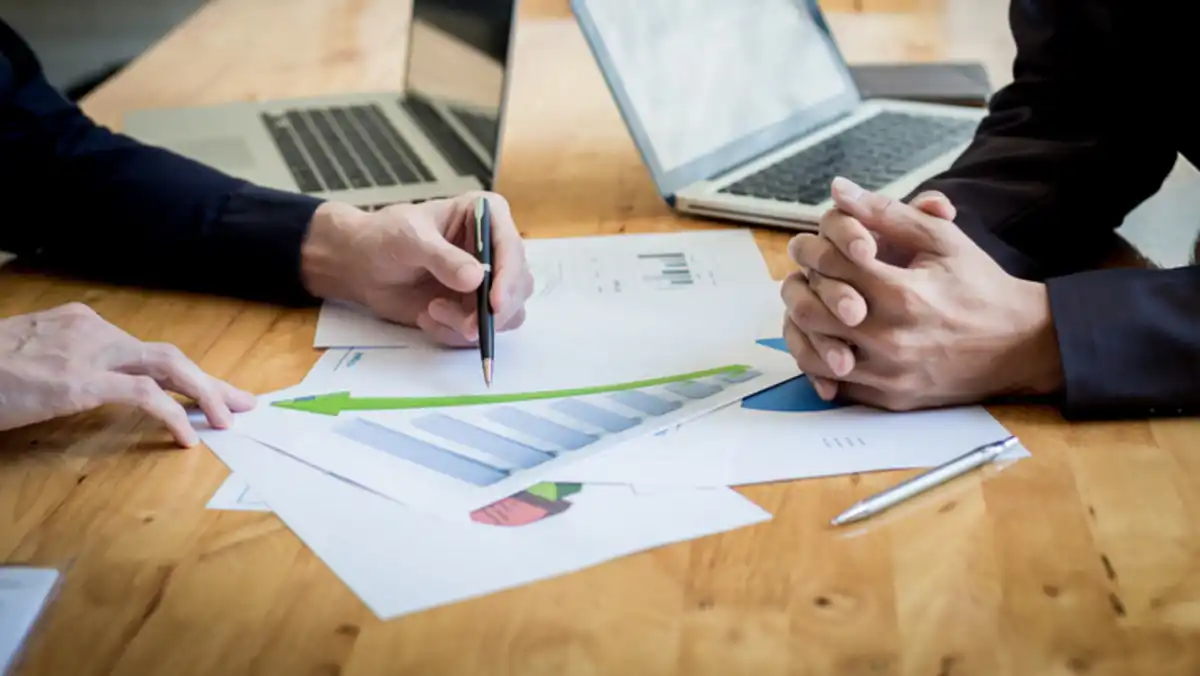Hiring immigrants is critical to SOAL’s success.
(OPINION PIECE) by Ahmed Moledina
Published in the Austin American Statesman
In 2016, when I joined the committee of the Austin Asian Chamber of Commerce, we had just 248 members. After all, Texas is much better known for its Hispanic population than its Asian one. But since then things have changed. In less than three years, our members have nearly doubled to 434. In Central Texas, Asian Americans are the fastest-growing demographic, growing twice as fast as the overall population, according to a 2016 chamber report. We’re seeing growth, especially in the city’s STEM sector, with immigrants from South and East Asia launching businesses in engineering, IT, and healthcare.
It’s a trend that’s happening across the country. Asian immigrants are arriving at much higher rates than any other immigrant group, according to a new report by the bipartisan nonprofit New American Economy. Furthermore, they are more than twice as likely to be STEM workers than the overall U.S. population. These immigrants are crucial to filling STEM worker shortages in Texas and beyond. Yet the American government refuses to recognize this fact: The Trump administration continues cuts to legal immigration and has done little to address the backlog of green card applications, which has an outsized impact on Asian immigrants.
Job demand in the STEM sector is growing faster than the U.S. economy, yet we aren’t keeping up. In Texas, there are 13.4 STEM jobs advertised online for every unemployed STEM worker. One recent study found that 82 percent of employers who hire engineers struggle to fill open positions.
And yet the Trump administration has reduced the number of visas for skilled workers − immigrant visas fell 14 percent between 2016 and 2018. Of the nearly 400,000 backlogged green card applications last April, 95 percent represented just four countries: India, China, the Philippines, and Vietnam. Many of these are the STEM workers we sorely need.
Without unnecessary obstacles, immigrants can do a lot for the American economy. My own story is an example. Originally from Pakistan, I came here in 1988 on a student visa to study computer science and business, after which a data company sponsored my H-1B work visa. Two years later, I received my green card and launched my first software company. Five years after that, I received my citizenship. I was then able to start a staffing and software development company in 2009 − during the recession.
Today, I employ 60 full-time workers and 30 contractors. Thirty percent of my team are immigrants, including engineers and software developers from Southeast Asia. And many of the applicants we send to our 350 clients, including Fortune 500 companies like Deloitte, Qualcomm, Emerson, and IBM, are Asian immigrants with expertise in key areas like cyber security. We would hire and recommend more American-born engineers if we could find them—but there simply aren’t enough qualified candidates.
I’m also not the only immigrant I know who has launched a business and created jobs – a number of former employees of SOAL Technologies have started their own businesses, and there are nearly 400,000 foreign-born entrepreneurs in Texas alone. In fact, immigrants are almost twice as likely as U.S. natives to be entrepreneurs. And businesses owned by Asian immigrants create millions of jobs, employing 3.5 million workers in the U.S. in 2016.
Losing this job creation, plus the skills of talented immigrants in STEM fields makes no sense. I worry that if we don’t do something, more jobs in the tech industry will be outsourced to other countries. This would not only hurt job growth and the economy, but we’d forfeit the valuable tax revenue from these workers.
This is not the business atmosphere we’re known for in America. Let’s encourage a smoother path for immigrants to work and contribute. In doing so, we’ll see more job creation, innovation, and competitiveness in the global marketplace. That’s something every American should be able to get behind.
Moledina is president and CEO at SOAL Technologies, LLC in Austin and a board member of the Austin Asian Chamber of Commerce.

Comments are closed